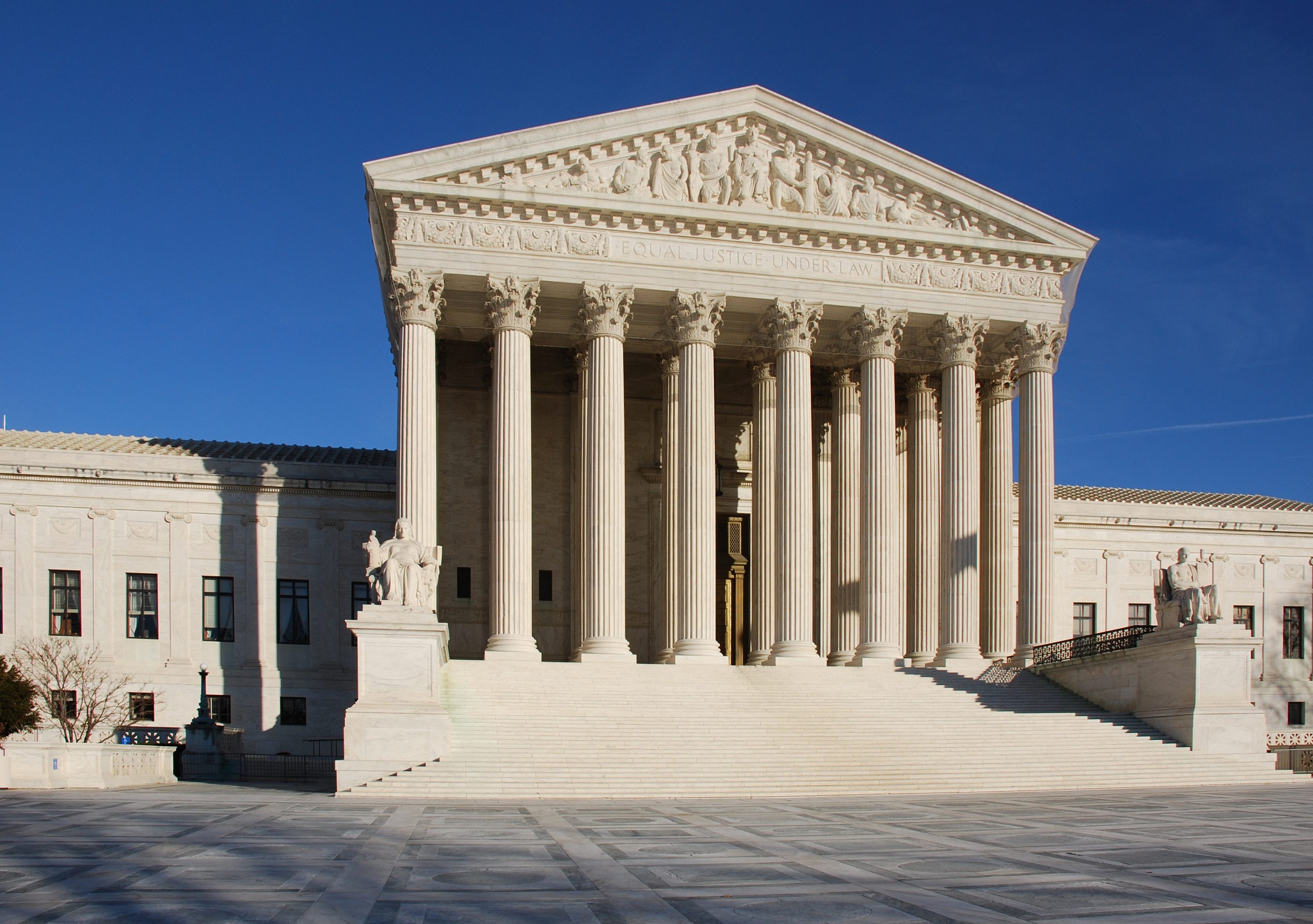In 2012, President Barack Obama made a promise to undocumented immigrants in the United States. With his passage of the Deferred Action for Childhood Arrivals Act (DACA), undocumented people who were under the age of 16 when they entered the country—before June 2007—were granted the basic rights to attend school and work without fear of deportation.
DACA did not offer a permanent path to citizenship and only allowed recipients to renew their DACA status every two years. DACA has allowed thousands of young people to learn, work, and live freely in the country where they have spent a significant portion of their lives.
In September 2017, however, President Donald Trump proved he had no interest in protecting or supporting undocumented immigrants when he rescinded DACA. Now, the fate of more than 700,000 DACA recipients lies in the hands of the Supreme Court as they deliberate on whether to uphold Trump’s repeal of the program or allow it to continue. This editorial board believes that DACA should be supported in the face of Trump’s attacks, and reformed to offer more permanent protection to a larger pool of immigrants.
If we are to treat undocumented people with dignity and respect, we must protect DACA from the attacks of an administration that does not value immigrants and their experiences. If the Supreme Court rules with Trump to repeal DACA, recipients will lose their ability to work and attend school securely in the country they call home. The threat of deportation is real and terrifying, and it will hang over their heads, just as it does for the thousands of non-DACA protected immigrants currently in the United States.
A country of origin or birth is not the same as a home. For many childhood arrivals, America is the home they have known for most of their lives. The countries in which they were born might no longer offer economic stability or physical safety. Asking them to return to a place where they have not lived in years, where they might know few people or have little opportunity, is cruel and morally wrong. Our country must rise above punishing its residents for events that occurred when they were children—events that emerged from the desire to offer them better lives.
While DACA is a step in the right direction in terms of immigration policy, the program still requires reform. The $495 processing fee made applying difficult for many families who wanted their children to receive DACA’s protections. Qualifying people could not apply until they reached the age of 15. Because the Trump administration stopped taking new applications in September 2017, children who entered the country before the 2007 cutoff but have not yet reached 15 years old did not even have the opportunity to apply for DACA’s benefits. DACA did not provide permanent solutions for the immigration dilemma at hand; its recipients were never given a permanent home in the United States.
The program also needs to expand who it offers its protections to. Between the 2007 cutoff date and Obama’s enactment of DACA in 2012, undocumented children continued to enter the United States. Do they not deserve our protection as well? Though DACA has given hundreds of thousands of students and workers the security they deserve, there are still more immigrants facing debilitating uncertainty in the United States who have a legitimate claim to protection.
We must expand DACA to include more people, and then we must reform the program to offer a path to permanent residency in the United States. By only evaluating DACA recipients’ worth on a 2-year timeline, the government forces them to plan their lives in the United States on a temporary basis. This is their home, and they deserve the right to pursue happiness beyond DACA’s limited scope.
DACA’s fate ultimately comes down to the matter of human dignity and upholding the commitment Obama made in 2011. When DACA was enacted, the government invited thousands of people to apply, and these people gave personal information in exchange for DACA’s benefits, information that could easily make them targets if the promised protections don’t come through. If the Supreme Court allows Trump to destroy the program, our country will not only be failing to defend the values of freedom and acceptance upon which it was built, but also punishing immigrants who applied for DACA in an attempt to follow government guidelines and secure a future in this country.
Even if a repeal of DACA doesn’t result in immediate deportations, as Trump implied it wouldn’t in a 2017 tweet, it will push hundreds of thousands of people to a second-class status of living other undocumented immigrants already face. These immigrants struggle to be able to work and attend school securely, which severely impacts their quality of life. They sit in our classrooms, work with us at our jobs, and serve in our military. They deserve the unhindered opportunity to pursue happiness in our country, and it is up to America to not only protect, but embrace them.





